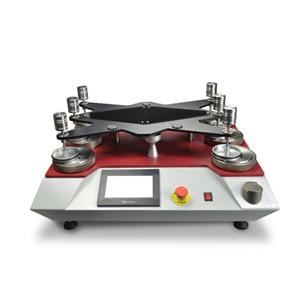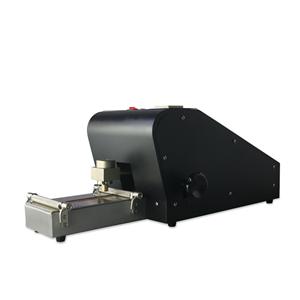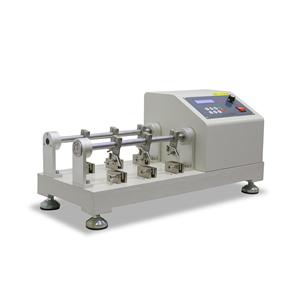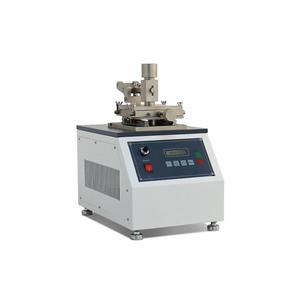What Are the Advantages of Employing a Fabric Wash Fastness Tester in Textile Manufacturing?
What Are the Advantages of Employing a Fabric Wash Fastness Tester
in Textile Manufacturing?
Introduction
In the realm of textile production, ensuring quality and longevity is of utmost importance. Employing advanced testing methods becomes imperative to guarantee that textiles maintain their vibrancy and durability over time, even after multiple wash cycles. This article explores the diverse benefits offered by utilizing a fabric wash fastness testing machine, thereby enhancing the overall quality and lifespan of textile goods.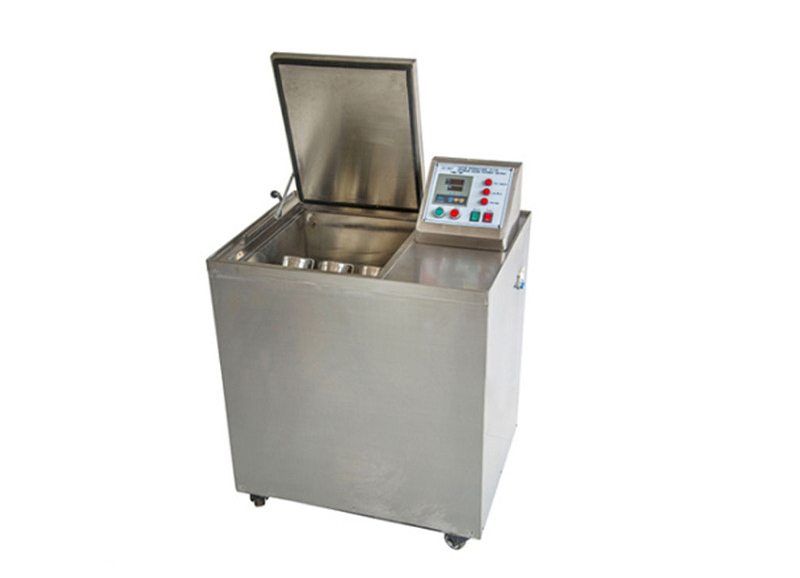
Preservation of Color and Durability
Imagine encountering a beautifully crafted textile piece adorned with vibrant colors. However, with subsequent washes, these colors begin to fade, diminishing the allure of the garment. This is precisely where the fabric wash fastness testing machine proves invaluable. By replicating the rigorous washing conditions textiles endure, this machine ensures that colors remain vivid and true. Operating within a controlled environment, it mimics real-world washing scenarios, enabling manufacturers to detect potential issues and make necessary adjustments.
Precision in Quality Assurance
Consistency reigns supreme in the domain of textile manufacturing. The fabric wash fastness testing machine serves as a dependable tool for quality assurance. Through subjecting fabrics to multiple wash cycles, manufacturers can identify any discrepancies in colorfastness and promptly address them. This rigorous testing procedure guarantees that every fabric piece meets the highest standards, ultimately resulting in products that either meet or surpass customer expectations.
Cost-Efficiency and Time Optimization
Consider the financial implications of substandard textile products reaching consumers – expenses incurred from replacements, refunds, and damage to reputation can be substantial. Herein lies another benefit of the fabric wash fastness testing machine. By identifying potential color bleeding or fading in the early stages, manufacturers can prevent defective products from entering the market. This not only saves money but also safeguards the brand's reputation. Furthermore, the streamlined testing process facilitated by the fabric wash fastness testing machine accelerates production timelines, ensuring punctual deliveries to clients.
Facilitating Innovation
In the dynamic landscape of the textile industry, innovation is a driving force. Manufacturers continuously explore novel dyeing techniques, fabric blends, and finishes. The fabric wash fastness tester supports this innovative spirit by providing a controlled platform for evaluating new materials and processes. With the assurance that the machine will assess the feasibility and durability of their innovations, manufacturers can confidently push the boundaries of creativity.
Adhering to Standards
Regulations governing textile products are becoming increasingly stringent, encompassing aspects such as colorfastness and environmental sustainability. The fabric wash fastness testing machine aids manufacturers in complying with these regulations. By subjecting textiles to various conditions, including eco-friendly wash cycles, manufacturers can ensure adherence to environmental standards. This not only demonstrates a commitment to sustainability but also opens avenues to markets that prioritize eco-conscious products.
Enhancing Customer Satisfaction
The fabric wash fastness testing equipment contributes to heightened customer satisfaction by ensuring that products withstand the demands of daily usage. When consumers observe that their textiles retain their appeal even after numerous washes, their trust in the brand deepens. Consequently, this fosters loyalty and positive word-of-mouth, laying the groundwork for sustained success.
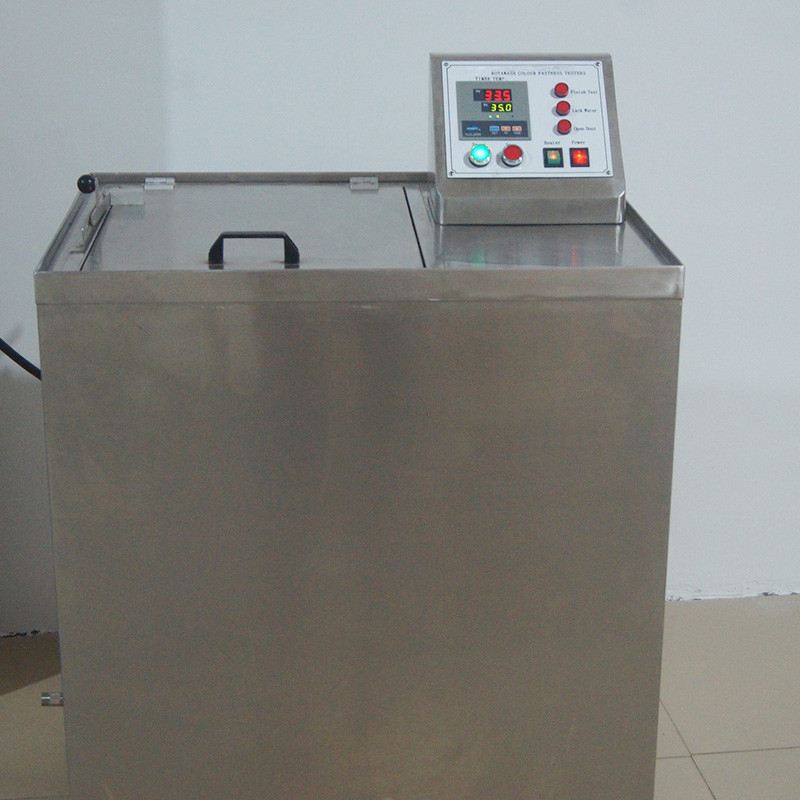
Conclusion
In conclusion, a fabric wash fastness testing machine plays a pivotal role in upholding the quality and durability of textiles. It enables manufacturers to meet consumer expectations, industry standards, and regulatory requirements while also facilitating process optimization and sustainable production practices.

